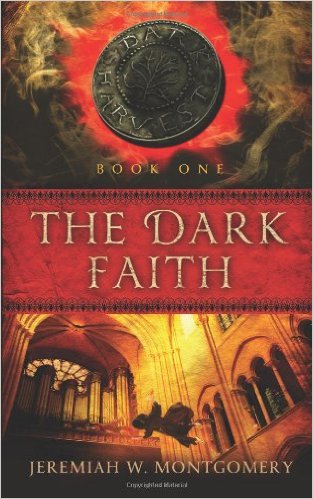 Interview by Brock Eastman Featuring The Dark Harvest Trilogy I want to introduce you to a series you may not have heard of, but one any spec fiction fan should read. I've been following Jeremiah's series from the beginning and have enjoyed the story's development thoroughly. He's published with P&R, which is also my publisher for The Quest for Truth series. Brock: Jeremiah thanks for joining us. First, will you tell us how you came up with the idea for Dark Harvest? Jeremiah: A friend of mine sowed the first seeds of Dark Harvest several years ago when he suggested to me that I read about the Synod of Whitby, a real event that occurred on the island of Britain in the kingdom of Northumbria in AD 664. After reading about the outcome of that synod, the questions arose: what if the synod’s decision had gone the other way? What would be the implications? Would the losers sit back and accept defeat, or might they try again, years later? Brock: Northumbria just sounds like a fantastical world, yet it really existed. Tell us about the main characters. Who are they, what makes them unique? And will you give us one fact about each that no one else knows? Jeremiah: Morumus is a monk for whom life is as serious as death. His seriousness stems from two sources. First of all, he is intelligent and introspective by nature. But secondly, horrific memories stalk the corridors of his mind. As the younger son of a king, Oethur is a prince turned monk. He is possessed of an easy humor, yet beneath the surface he is solid. When grim events force him to forsake the monastery for the battlefield, he will confront both foe and fear – and learn the true nature of courage. Urien is a woman imprisoned from her youth in a world of dark rituals. When she comes to realize the true character of her childhood faith, she rejects it. In time she comes to appreciate the beauty of the faith of Morumus and Oethur, but struggles to know whether or not it is actually true. All of the above you can learn from the books. But here are a few things you may not know … Morumus’s mastery of several languages is the embodiment of my own love for foreign languages. Yet unlike Morumus, I have yet to become fluent in anything beyond English. Oethur’s persistent dislike of peas is another echo of my own personality. I’ve heard it said that tastes change as we age. In some cases, that has proven true for me. But not for peas. Of all the characters in the series, Urien was the one who changed most from the first conception to final conclusion. In the first draft of The Dark Faith, she was not introduced until near the end, and shortly thereafter became a convert. But another friend convinced me that her conversion was too easy, and my editors persuaded me that she needed to arrive earlier in the story. And so I began to rework Urien’s tale, fleshing out her history and taking her along the tortuous path from paganism to skepticism to inquiry… and finally to faith. By the end of the trilogy, something quite surprising had happened: Urien became the main and most important character in Dark Harvest. The whole story begins and ends with her. Brock: It is interesting how a character who we (authors) don't intend to be significant can soon become a favorite. This happened with Obbin in my series. I never intended for him to continue from the first book and we'll he's still there four books later. In three sentences tell the us what this book about? Jeremiah: The Threefold Cord brings the theme of Dark Harvest – that there is an enemy far deadlier than dark magic – to its climax and resolution. It shows the reader how this theme irrevocably changes the life of each of the main characters. And finally, it demonstrates that every outward conflict in history is but another cycle of the great “invisible war” (to borrow a title from the late Donald Barnhouse). Brock: That's one of the things I connected with most in this series; the "invisible war." Too often we (Christians) don't consider how it's affecting our daily lives. Can you expand on the biblical background or basis for the series? Jeremiah: Dark Harvest is based on the overall biblical contrast between the Christian gospel and every other religion in history or today. The gospel of Jesus Christ is insistently exclusive, yet persistently gracious. Every other religion (or attempt to blend religions) is ultimately a manifestation of humanity’s darkest impulses toward self-salvation and self-worship. Brock: That’s a great explanation. Are any other books planned for the Dark Harvest series? Jeremiah: Though The Threefold Cord leaves several cupboards cracked and threads dangling (real history usually does), it is the last planned volume in the series. Brock: Sad, but understandable. Life is a continuing story that never truly concludes, it carries on from one generation to the next. Did you outline the Dark Harvest trilogy, or do you write as you go and let the characters take control of the story? Jeremiah: From the beginning, there was an overall outline to the series and a rough outline for the first book. Yet as I’ve alluded to above, The Dark Faith underwent some serious changes, and these cascaded into the sequels. The main story arc stayed the same, but there were several developments that I did not foresee when I first began. Chief among these was the transformation of Urien’s journey. But there were lesser surprises as well: the storming of Cuuranyth in The Scarlet Bishop, and the discovery of Melechur in The Threefold Cord. Neither of these existed in the original trilogy notes. These confessions aside, I am a stubborn proponent of outlines. After the changes to The Dark Faith, I made it a practice to create detailed outlines for The Scarlet Bishop and The Threefold Cord. After these outlines were drafted, I reviewed them with my editor. Having a complete outline in place allowed both sides of that conversation to examine the story as a whole, and surprising as it may sound, it was the process of thorough outlining that enabled me to work in creative developments. Because I could see the whole landscape clearly, it was relatively easy to know where I could make changes that would enhance the story without disrupting its overall movement. Brock: Being that this book has some roots with an actual historical event, what sort of research did you have to do? What things did you come up with on your own? Jeremiah: Dark Harvest is based in a world that intentionally parallels our own cultures and history. As you might expect, then, it involved a fair amount of research. Yet most of this research came through life experience. I spent many hours of my young adult life walking wooded paths and reading fantasy stories, and I enjoyed many semesters in seminary studying Ecclesiastical history and theology. As a late teen I had the privilege to visit the cities of London and Edinburgh, which gave me the opportunity to walk through castles, cathedrals, parks, and palaces. Where life left gaps, friends and further research filled the voids. I corresponded with an antiquarian book expert in order to describe certain aspects of a Dark Ages library. When I wanted to see a picture of a Roman bridge or an old church, I used the Internet. Brock: Certainly our ability to use the web for research has increased the accuracy to factual representations for our stories. I know for one of my series I used Google maps to walk inside places I was describing; it was amazing and a lot less expensive than flying there. What are your hopes for your future as an author? Jeremiah: As the pastor of a mission church in a diverse community, I hope to author resources aimed to help bring the unchanging Christian faith to a rapidly changing society. Brock: What can you tell us about any future releases you have planned? Jeremiah: I am working with my publisher to edit a new edition of The Westminster Shorter Catechism in Modern English that will include Scripture proofs.
0 Comments
Leave a Reply. |
Follow meArchives
May 2024
Categories
All
|
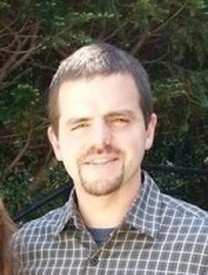
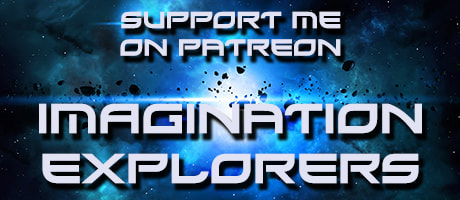
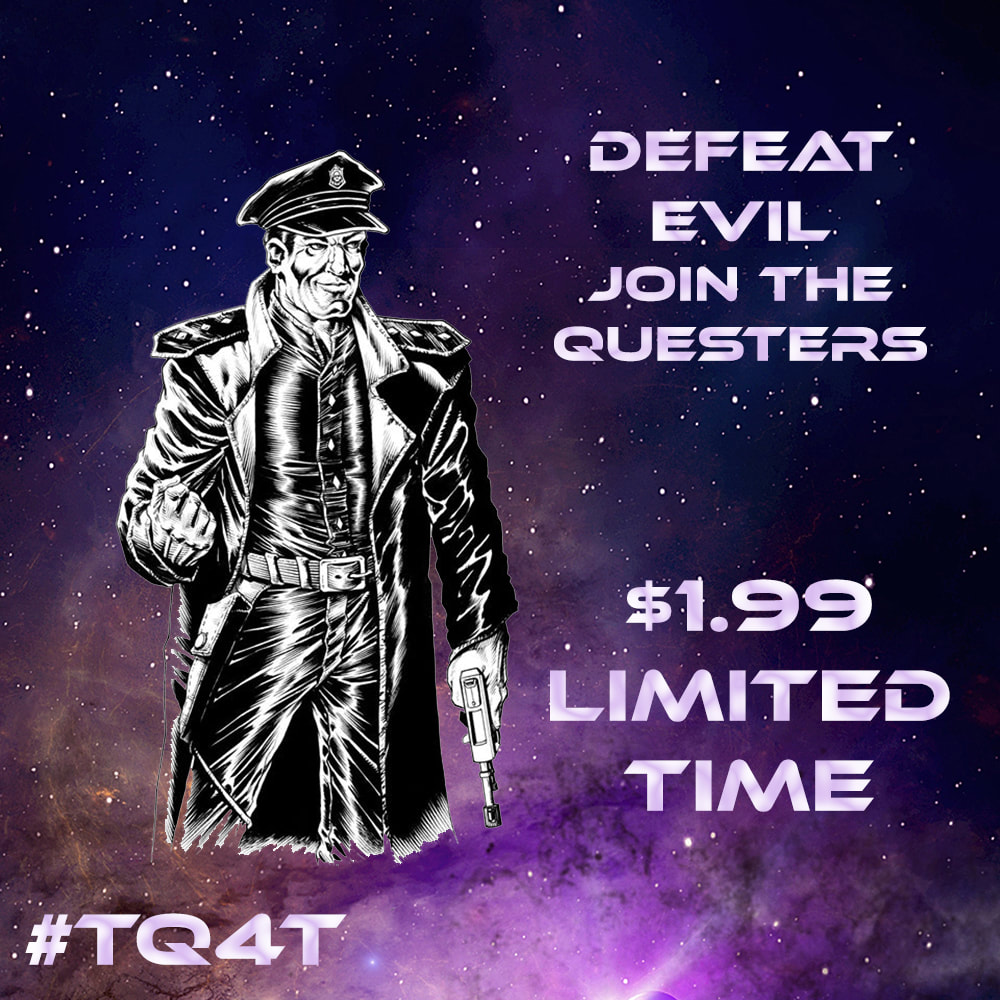
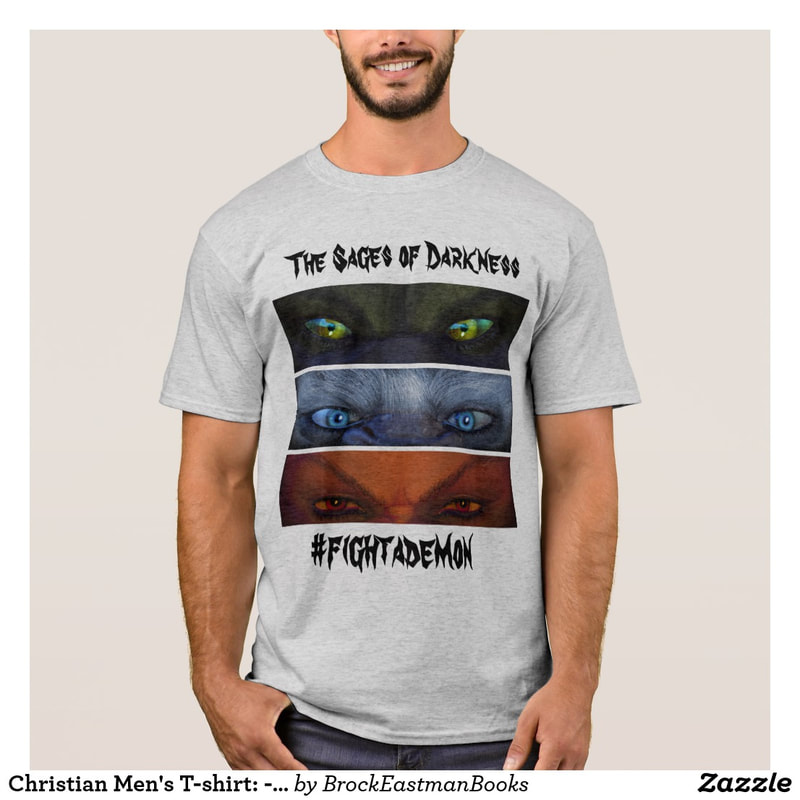

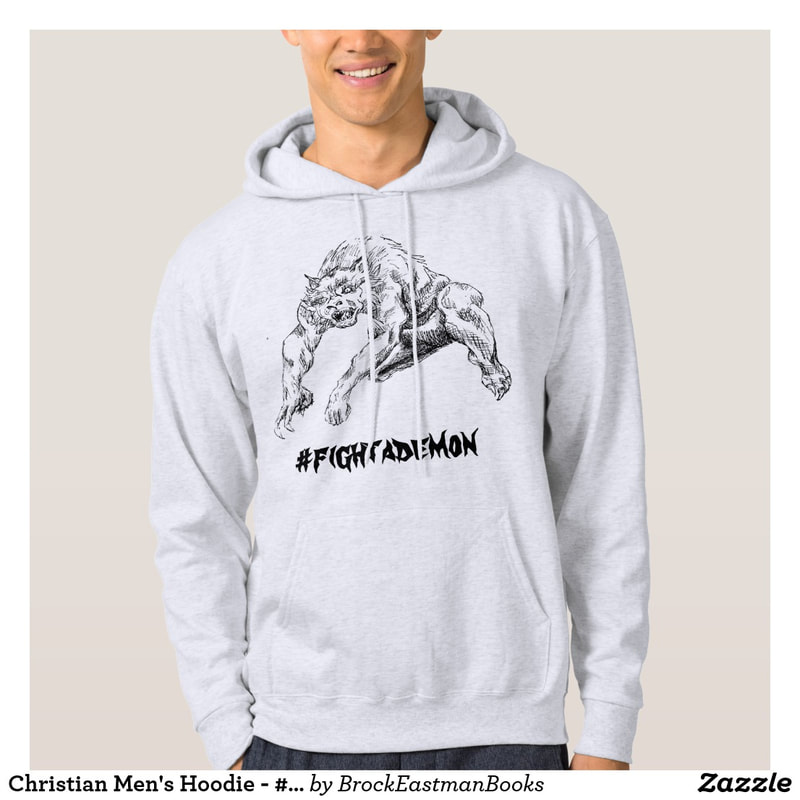

 RSS Feed
RSS Feed